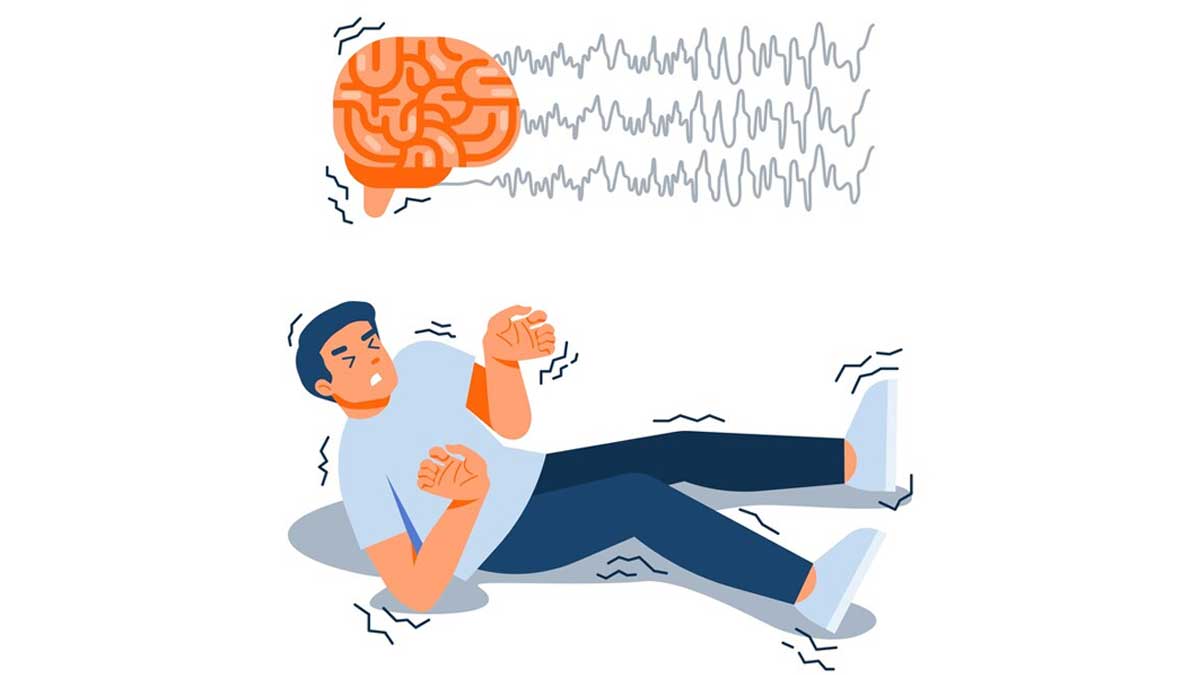
Epilepsy, a neurological disorder characterised by recurrent seizures, affects an estimated 50 million people worldwide. Despite its prevalence, epilepsy remains one of the most widely misunderstood and stigmatised conditions, posing significant challenges for individuals living with the disorder.
Table of Content:-
“At its core, epilepsy stigma is often rooted in misconceptions and fears surrounding the disorder. Individuals with epilepsy are sometimes unfairly perceived as dangerous, unpredictable, or even contagious. These deeply ingrained misconceptions contribute to discrimination across different facets of life, creating barriers to education, employment, marriage and child birth and social interactions,” said Dr Srikanth Srinivasan MD DM Mast. Of Psychiatry [Melb], Consultant Neurologist/Neuropsychiatrist, Chief Medical Director, Niyama Digital Healthcare.
Obstacles Related To Epilepsy
“In the realm of education, children with epilepsy frequently encounter obstacles. As epilepsy may be associated with learning disabilities or emotional and behavioural disorders such as ADHD or Autism in children, they may be denied admission to regular schools or placed in special education classes without a proper assessment of their capabilities,” said Dr Srinivasan , adding, stigma surrounding epilepsy leads to a lack of understanding among educators, impacting the academic opportunities available to these children and perpetuating cycles of discrimination.
Also read: All About Epilepsy In Children: Causes, Types, Diagnosis and Treatment
“In the job market, adults with epilepsy face hurdles due to concerns about their ability to perform tasks safely and effectively. Stigma can result in discrimination during hiring processes or contribute to job insecurity, limiting career opportunities for individuals with epilepsy who are otherwise fully capable and qualified. These add to the substantial psychological comorbidity seen in epilepsy such as anxiety, depression and substance use disorders,” said Dr Srinivasan.
What Are The Social Consequences Of Epilepsy
“The social consequences of epilepsy stigma are equally profound. The most nefarious of these is seen in the rejection of young women of marriageable age as prospective brides as men and their families erroneously fear that epilepsy is a heritable disease and that epilepsy may persist life-long in such people,” Dr Sinivasan said. “And in those women where a diagnosis and ongoing treatment for epilepsy is not revealed before marriage, there have been numerous instances of such marriages ending in divorces,” Dr Sinivasan added.
.jpg)
People with epilepsy may experience exclusion from social activities or be treated with fear or pity by others. This social isolation can have detrimental effects on mental health, contributing to low self-esteem and heightened levels of anxiety and depression.
The impact of epilepsy stigma is far-reaching and debilitating, affecting various aspects of an individual's life. The constant fear of judgement and discrimination can lead to low self-esteem, social isolation, and mental health issues. Moreover, the barriers created by stigma limit educational and employment opportunities, resulting in financial hardship for individuals with epilepsy.
To address and reduce epilepsy stigma, effective therapeutic interventions are essential. Public education and awareness campaigns play a crucial role in dispelling myths and reducing stigma by increasing public understanding of epilepsy and its causes. These campaigns foster empathy and challenge misconceptions, contributing to a more inclusive society.
As key influencers, require anti-stigma training to equip them with the knowledge and tools to address stigma-related concerns. By providing accurate information and fostering supportive healthcare environments, professionals can contribute significantly to reducing the impact of stigma on individuals with epilepsy.
What Initiative Should Be Taken To Counter Epilepsy
Empowering individuals with epilepsy to advocate for themselves is essential in challenging stigma and discrimination. Self-advocacy training helps individuals assert their rights and educate others about epilepsy, fostering an environment of understanding and acceptance.
Statistical data provides valuable insights into the prevalence of epilepsy stigma globally. A 2019 study by the World Health Organisation found that 90% of people with epilepsy in low- and middle-income countries experience stigma and discrimination.
In India, a 2018 study by the Indian Epilepsy Association revealed that 80% of people with epilepsy face stigma and discrimination. These figures underscore the urgent need for targeted interventions to address cultural and societal attitudes toward epilepsy.

Several initiatives worldwide have successfully reduced epilepsy stigma and discrimination, serving as inspirational examples for future efforts. The Epilepsy Foundation's "Let's Talk About Epilepsy" campaign focuses on raising awareness and dispelling myths through public education and engagement.
The International League Against Epilepsy "Out of the Shadows" campaign promotes global efforts to reduce epilepsy stigma and improve the lives of people with epilepsy. In India, the Indian Epilepsy Association's "Epilepsy Awareness Month" campaign raises awareness and challenges stigma, contributing to a more inclusive and supportive society.
Also read: 6 Natural Remedies To Help Control Seizures Of Epilepsy Disease
Government intervention and the active involvement of health departments play a pivotal role in fostering a supportive environment for individuals with epilepsy, particularly in the realms of education and employment. Policymakers can implement inclusive educational policies that ensure children with epilepsy are not denied admission to regular schools and are provided with necessary accommodations. Health ministries can collaborate with educational institutions to raise awareness among teachers and students, fostering an environment of understanding and empathy.
Moreover, government initiatives can address employment challenges faced by adults with epilepsy. Implementing anti-discrimination laws and workplace policies that protect the rights of individuals with epilepsy can contribute to a more inclusive job market. Health ministries can work in tandem with labour departments to provide resources for employers and employees, promoting an understanding of epilepsy and dispelling myths that contribute to workplace discrimination.
Also watch this video
How we keep this article up to date:
We work with experts and keep a close eye on the latest in health and wellness. Whenever there is a new research or helpful information, we update our articles with accurate and useful advice.
Current Version